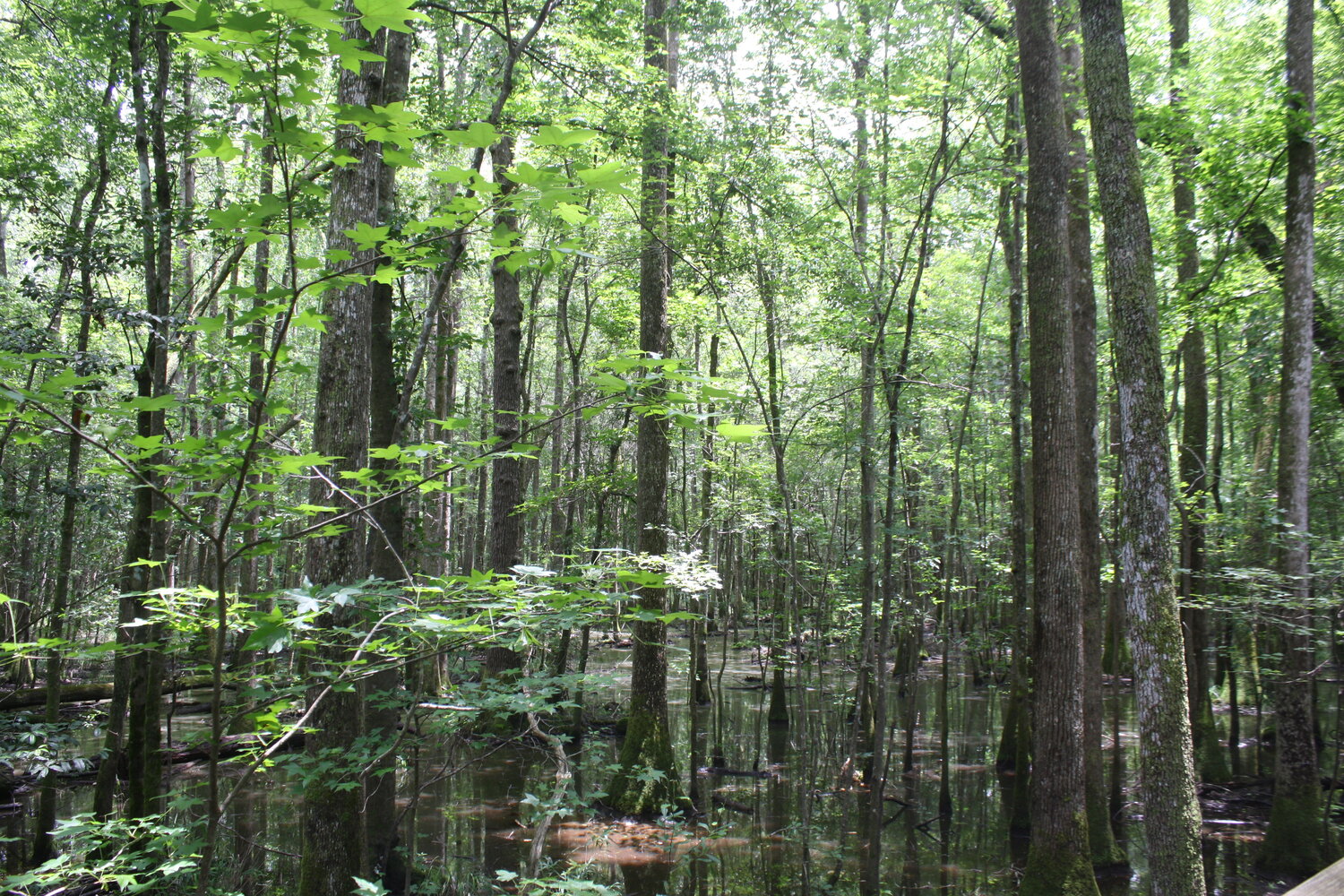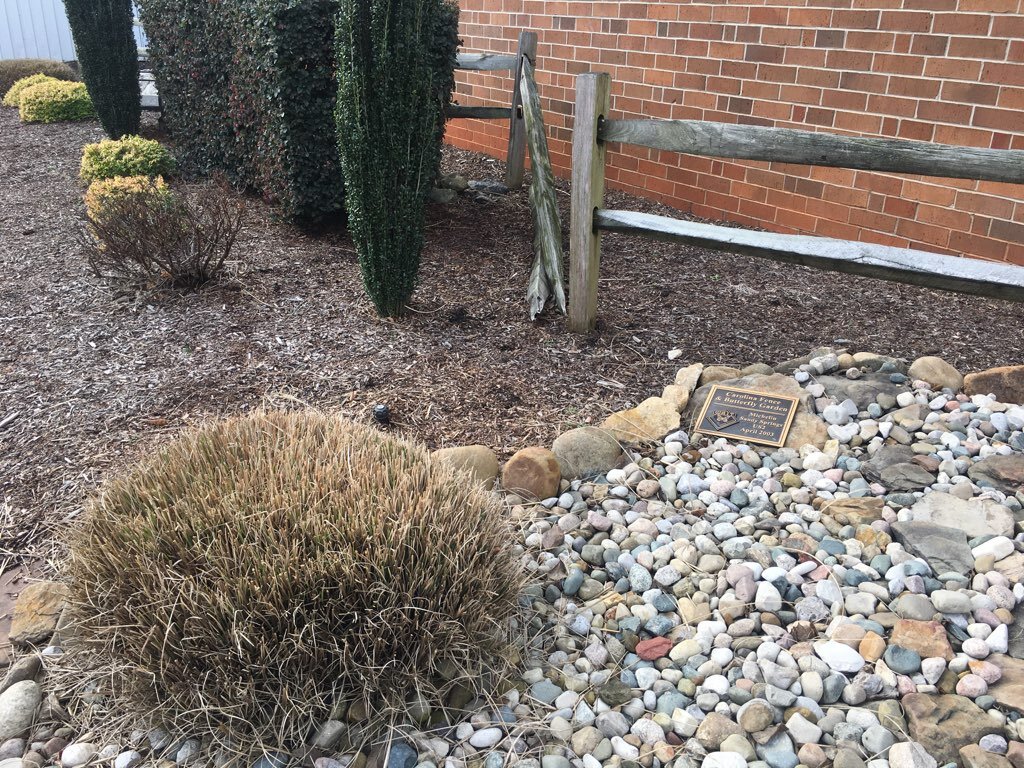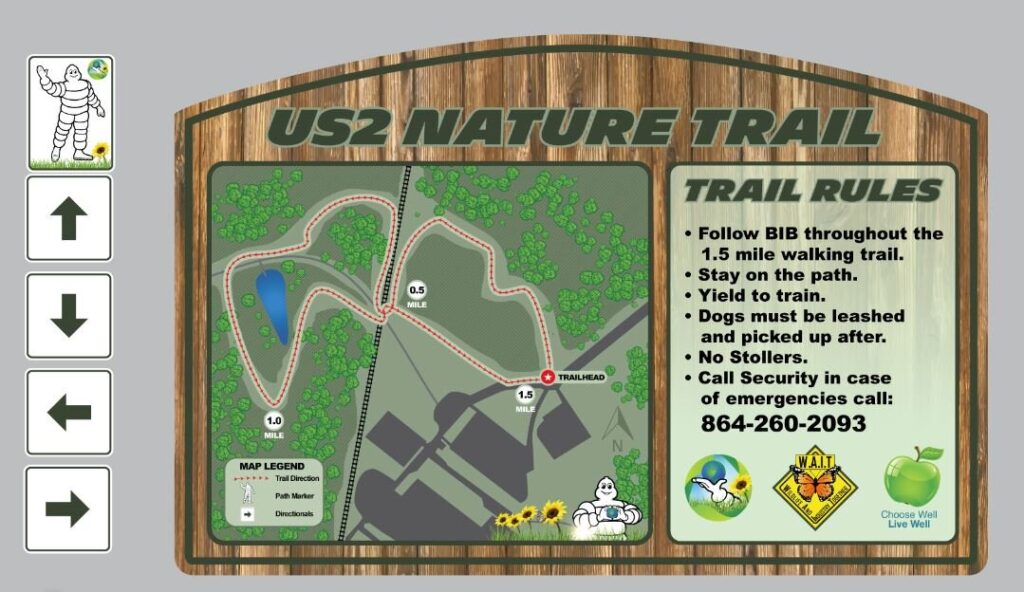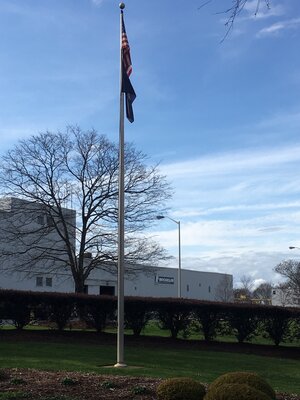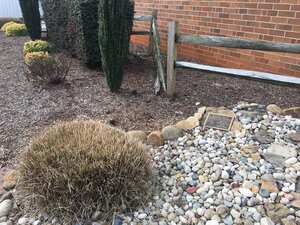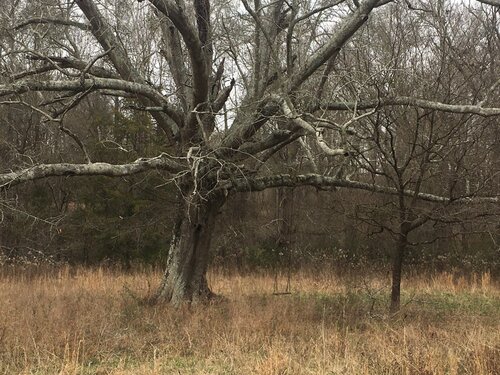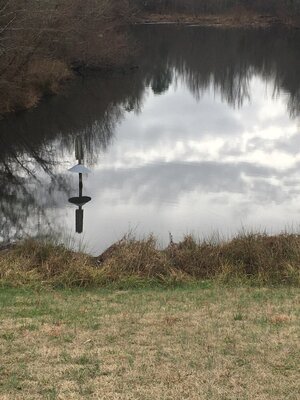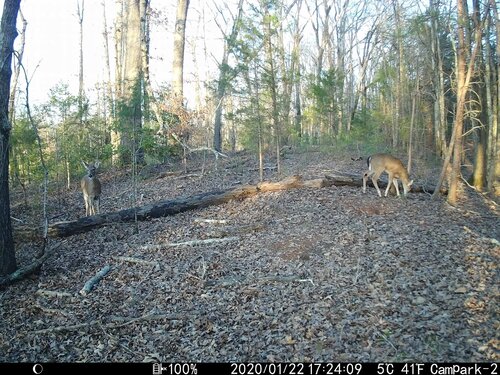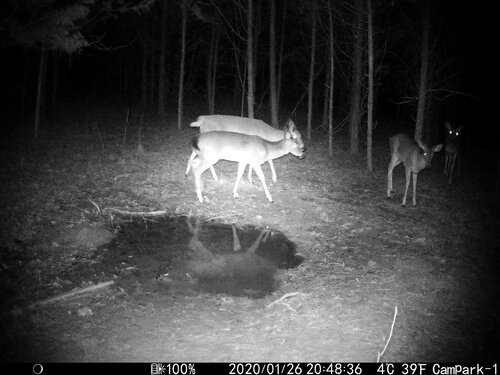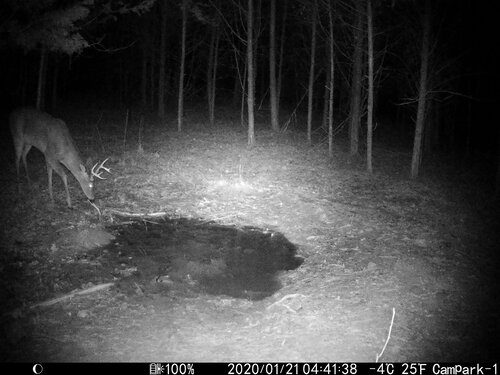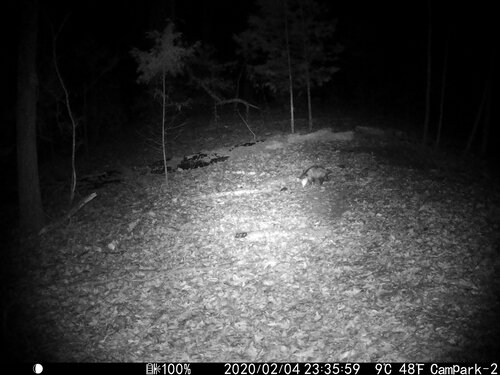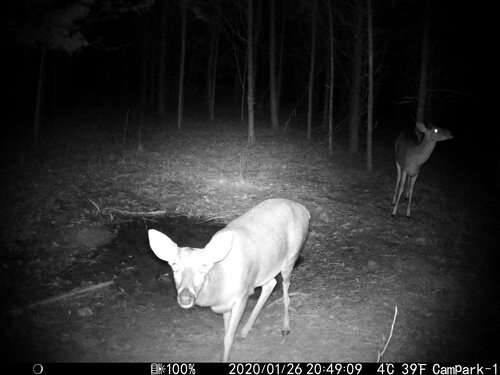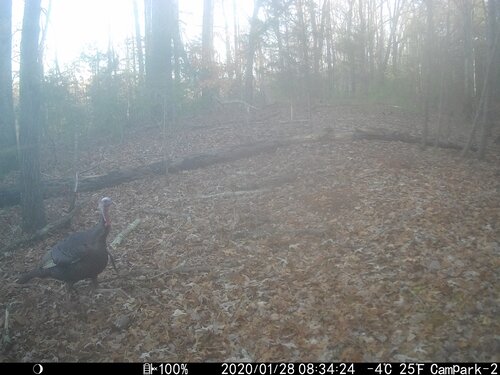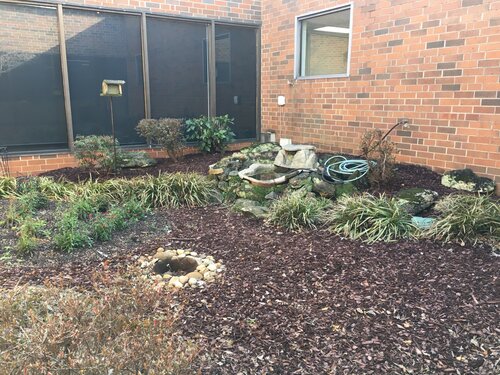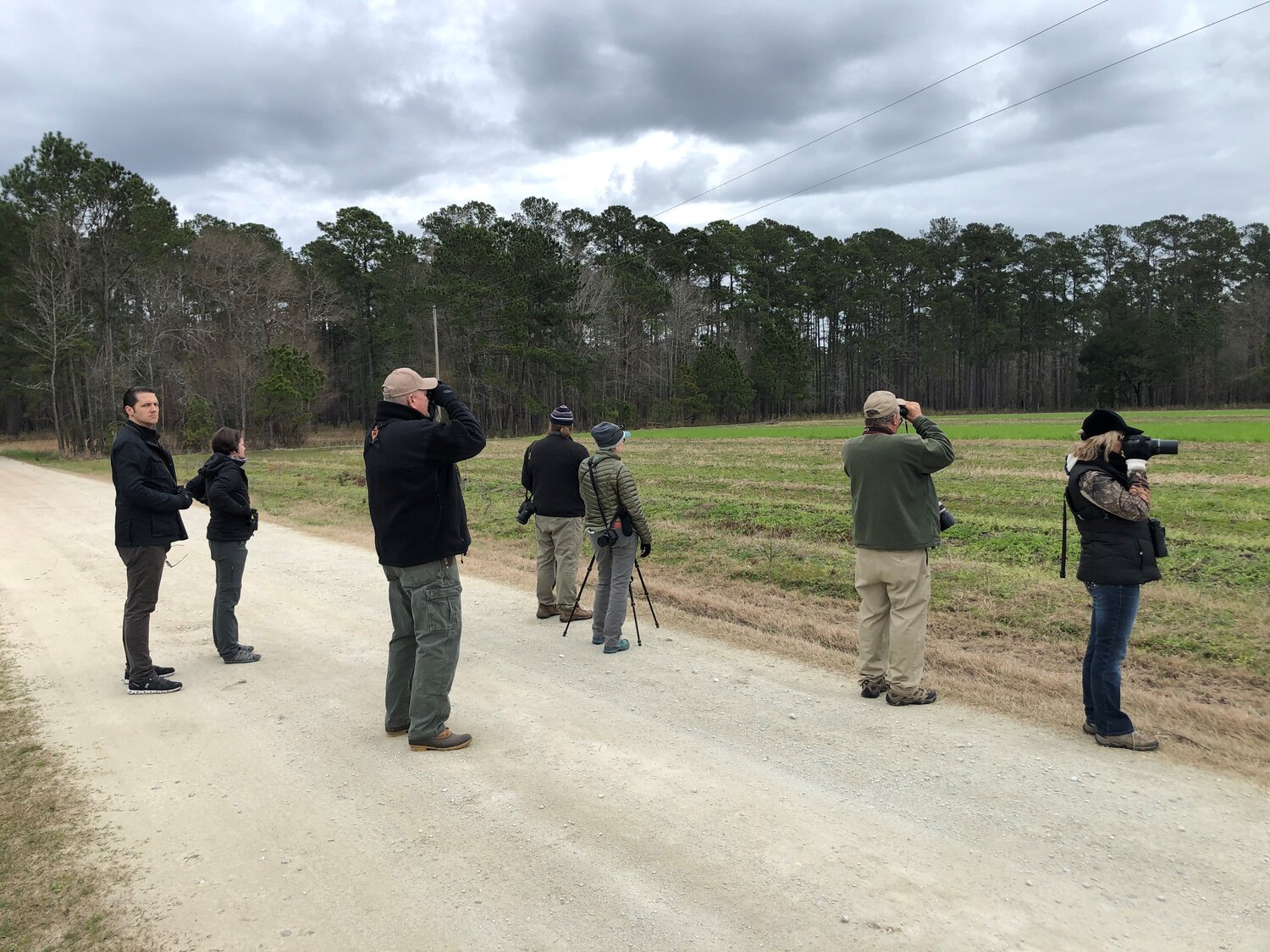The South Carolina Wildlife Federation is honored to be in a position to distribute educational grants to full-time students pursuing environmental education at South Carolina schools of higher education. Both undergraduate and graduate students are eligible, based on their performance in academia and in related community activities.
The winners of the 2019-2020 SCWF Scholarships are:
Lauren Diaz, Graduate in Wildlife and Fisheries Biology, Clemson University
In her final year of her Masters degree program, Lauren plans on beginning a PhD program in the fall and seeking a teaching position in the southeast. There, she hopes to start a freshwater ecology lab and train the next generation of graduate students in population dynamics of aquatic organisms with a focus on lotic water systems. Lauren’s research has focused on the critically imperiled eastern hellbender salamander (Cryptobranchus alleganienses) in North Carolina where she studies the habitat selection patterns of larval hellbenders and the use of artificial nest structures, and mentors undergraduate students who have constructed and deployed over 100 artificial hellbender shelters in mountain streams. Prior to her graduate position, she was a herpetology technician at the Jones Ecological Research Center, a field technician for the University of Florida (UF) researching multi-species songbird flocks, a field technician for the University of Wyoming releasing and monitoring captive bred Wyoming toads, an intern with the Florida Fish and Wildlife Commission (FWC) conducting larval gopher frog surveys and radio-tracking adults, and a student assistant to the UF Cooperative Fish and Wildlife Research Unit’s snail kite monitoring program. Lauren is a natural born leader who has held leadership roles as vice president of Clemson’s Natural Resource Graduate Student Association (NRGSA) and as a senator representing Wildlife and Fisheries Biology at Clemson’s Graduate Student Government (GSG). For her tremendous accomplishments, SCWF is proud to honor Lauren Diaz with the first annual Nicole Chadwick Memorial Scholarship.
Jordan James, Sophomore in Geology/Environmental and Sustainability Studies, College of Charleston
Upon graduation, Jordan plans to attend graduate school to obtain a Master’s Degree in Hydrology or Environmental Science. She eventually hopes to work within the nonprofit sector to help provide clean water to developing countries through testing for pollutants in drinking water, locating their sources, and strategizing how to provide a safe and sustainable alternative. Jordan is a lead intern for the 71% Project at the Center for Sustainability at the College of Charleston, where she coordinates litter sweeps and events such as the Sustainable Seafood Dinner. She also conducts laboratory work and collaborates with Charleston Waterkeeper to help their network of volunteers to collect pre-consumer microplastic pellets (nurdles) used for production of plastic products. She is applying analytical techniques to identify the polymer resin type and cataloging this information to be used potentially for source-tracking of nurdle spills into Charleston Harbor. As part of a field study in her geology program, Jordan will be studying abroad in India to study water resources and pollution in the Ganges River.
Sarah Zaunbrecher, Graduate in Marine Science, University of South Carolina
Sarah has been interested in wetlands and the coast since she was young, and as she grew older she began to see the disconnect between those conducting ecological research and those utilizing natural resources. She has been heavily involved in environmental outreach and education, serving as a volunteer at youth summer camps, river cleanups with Congaree Riverkeeper, and trail maintenance for Harbison State Forest. One of her goals is to work in coastal resource management and she is gaining a better understanding of the ecological processes within the world’s oceans and coasts as a marine science graduate researching phytoplankton ecology. Sarah’s current graduate research is on phytoplankton ecology and how it can be used to explain food web dynamics in the Atlantic. As the base of the coastal food web and rapid respondents to changes in water quality and other environmental conditions, phytoplankton can be used as benchmarks in wetlands and coastal management. Her research is essential for understanding how fisheries may be impacted by sand mining, trawling, oil exploration, and increasing ocean temperatures. After graduation, Sarah plans to apply for the 2020 Knauss Marine Policy Fellowship in Washington, D.C., where she can get hands-on experience in how scientific research can lead to changes in policy and management in the federal government.
Suzanna Ellison, Junior in Biology and Environmental Studies, College of Charleston
Suzanna has a demonstrated history of service to her community and dedication to environmental sustainability. She plans to obtain her Masters degree and is interested in incorporating community gardens into cities for human health. While working at Clemson Extension Vegetable Lab she studied how great the impact of plant health is to insects, how soil health can affect the type of insects that make a home in an ecosystem, and of course, how central insects are to agriculture. As a part of a Summer Undergraduate Research with Faculty (SURF) Grant Research Project, Suzanna proposed and conducted an independent study on how the age and seasonality of burns in the Francis Marion Forest affects the population of four species of swallowtail butterflies. She also has worked as a Sustainable Agriculture Downtown Garden Manager at the College of Charleston, where she managed and cultivated on-campus and off-campus gardens, led workshops, and gave tours of the gardens. Suzanna has served as the president for Alliance for Planet Earth (APE) and a farmhand/site intern with World Wide Opportunities on Organic Farms, and co-founded Buy Nothing Charleston, a community designed to eliminate currency and increase generosity between neighbors.
SCWF Scholarship Program:
The SCWF receives contributions from our members; however, a large portion of the funds for these scholarships are received from these three funders:
-
Nicole Chadwick Memorial Scholarship Fund – honoring the legacy of an endangered species biologist who made a long-lasting impact on wildlife conservation in South Carolina, this fund was created in 2019 out of a desire by community members to honor the long-lasting impact of Nicole Chadwick’s work for wildlife conservation. The new scholarship fund will specifically be awarded to female students studying environmental fields in South Carolina.
-
D. L. Scurry Foundation – In 1969, Mr. D. L. Scurry and his CPA, Mr. J. F. Burgess, created a non-profit foundation which emphasized providing educational scholarship funds for individuals attending colleges, universities and technical schools in South Carolina. Since that time, the D. L. Scurry Foundation has helped further the educational goals of thousands of students and many organizations within the state.
-
The Riverbanks Conservation Support Fund (CSF) – This Fund was created to provide financial assistance for conservation oriented projects/programs worldwide that promote preservation of the Earth’s biodiversity.
Knowledge lays the groundwork for analyzing environmental problems, resolving conflicts, and preventing new problems from arising. The South Carolina Wildlife Federation is committed to supporting future leaders by helping to provide the financial resources necessary to lay the groundwork for more responsible decision-making tomorrow.
Scholarship applications are accepted online through our website each year until October 31st.
